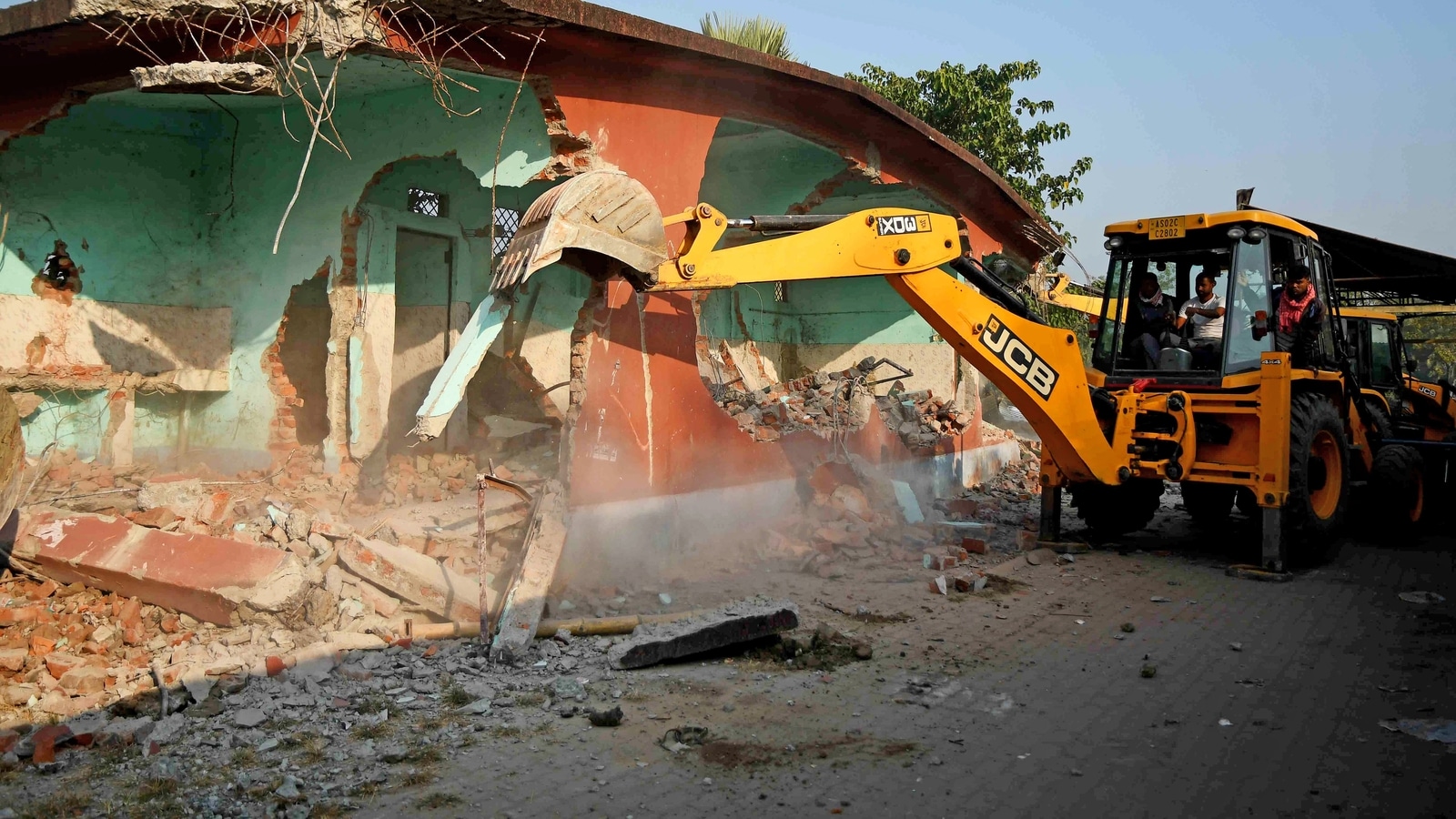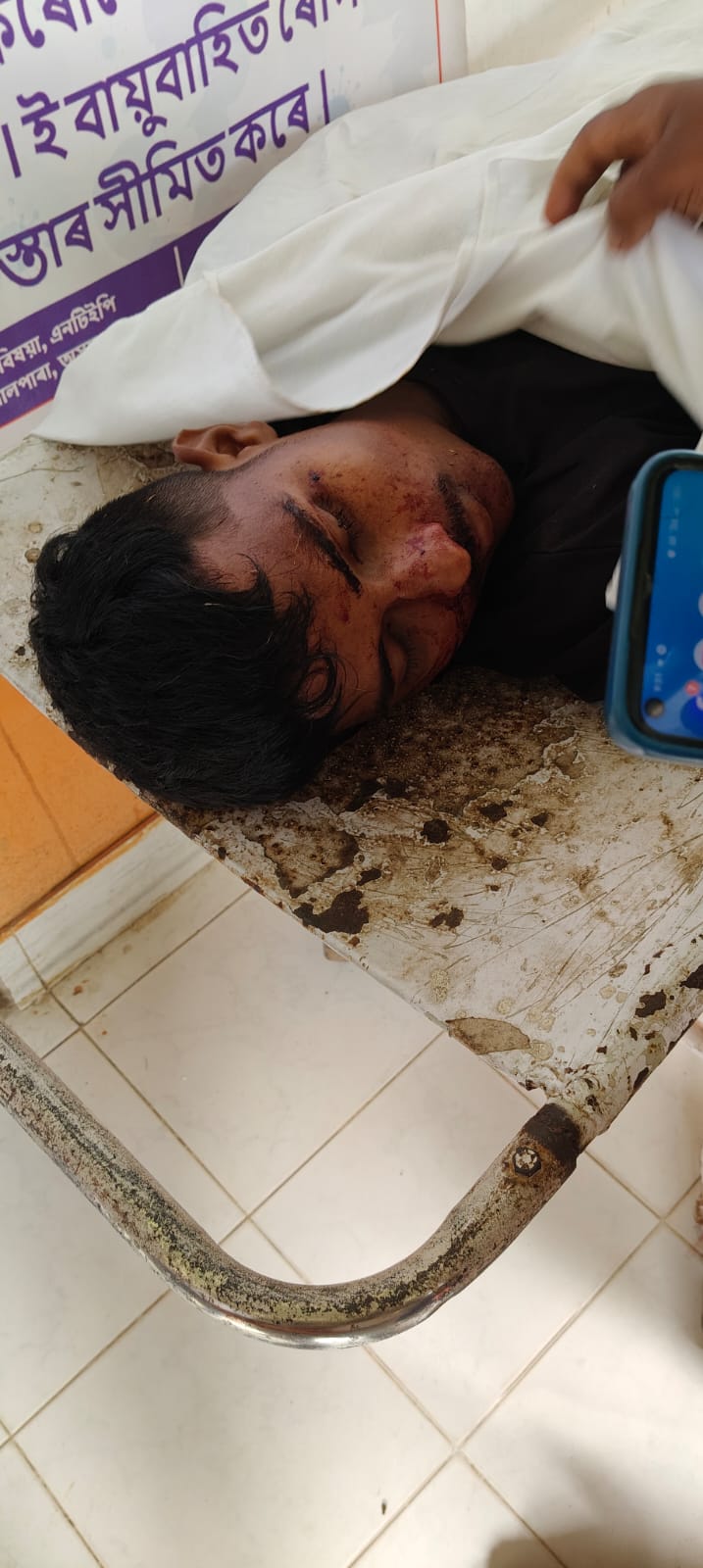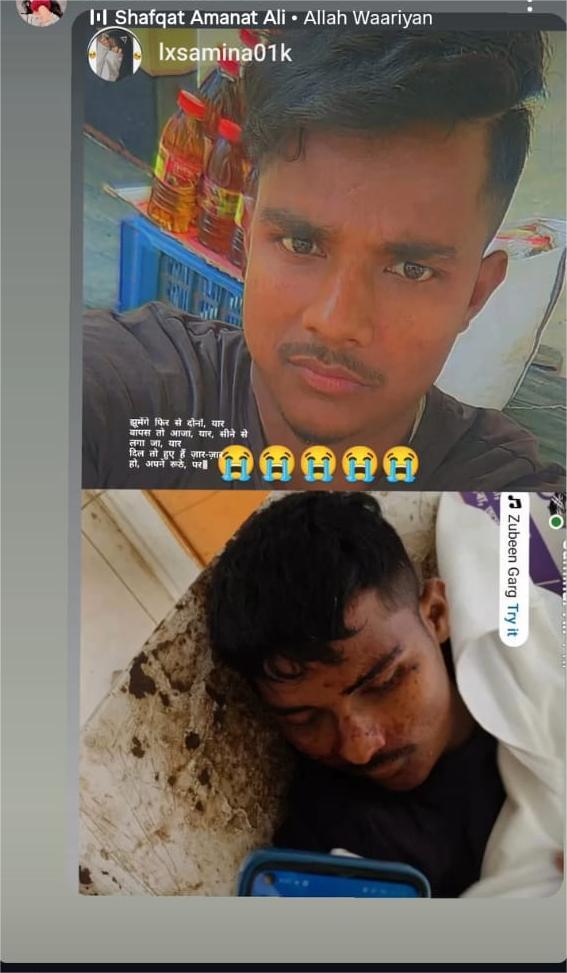1,080 Homes, One Bullet and a Broken Father - The Death of Hope in Assam During Eviction Drive

Guwahati: When bulldozers rumbled into Betbari village in Assam’s Goalpara district on a Thursday morning, 19-year-old Shakwar Ali was at his shop in a nearby village, unaware that within hours, his life would be taken by a police bullet to the head.
“He just wanted to help us survive. He ran a small shop… we were poor, and he left school early to earn for the family. He was our only hope,” said his father, 60-year-old Mahmood Ali, with his voice steeped in grief and disbelief.
The police claim they fired in "retaliation" after being allegedly attacked while dismantling what they called "encroachments". But for families like the Alis, whose homes were among the 1,080 reduced to rubble in the Paikan Reserve Forest eviction drive, it was not only about land. It was about losing the fragile sense of security they clung to. And for Shakwar, it cost his life.
A Boy Who Grew Up Too Fast
Shakwar was the youngest of six siblings. Two sisters are married, one brother lives separately and the rest, including his aging parents, depended entirely on him. They did not own land. Their shelter was a small tin-roofed house in Betbari, one of the many homes slowly built over time in the forest’s shadow.
He left school in the eighth grade. Not because he did not want to study, but because he had to take care of family expenses. His grocery shop sold basics, just enough to get by. Nothing fancy. Just survival.
“He used to open the shop before sunrise. Whatever he earned, he gave to us. He used to say, ‘I will take care of you. Don’t worry,’” said Mahmood.
But on Thursday, that promise came to a brutal end.

Protests erupted when police and forest officials dug up a small road, the only access route to makeshift tents now home to hundreds of displaced families. Residents pleaded with them to stop. They did not.
Tensions boiled over. According to eyewitnesses, the police opened fire into the crowd. Shakwar was shot in the head. Several others were wounded, two by bullets, now lying in critical condition in a Guwahati hospital.
'Only Muslim Homes Were Destroyed'
The joint operation by the police and forest officials cleared nearly 140 hectares of land. Entire families were displaced. Most of them were Bengali-origin Muslims who had been living in the area for generations.
“They are targeting us. There were Hindu families here too; their homes are still standing. But 1,080 Muslim families? Gone,” alleged Shakwar’s maternal uncle Lalchand Ali.
Anger laced with hurt, he added that officials threatened to remove them from voter rolls, branding them "Bangladeshis". “They told us, ‘Go back to Bangladesh, this is not your land.’ Is this not our country?” he asked.
Officials, meanwhile, claim a different version. Inspector General of Police (Law and Order) Akhilesh Kumar Singh said personnel came under attack while “doing their duty” and responded in “retaliation". Two policemen, he said, were injured in the clash.
But for residents, the “duty” they speak of, tearing down tents and access paths, feels more like "deliberate cruelty".
“Our homes are already gone. Now they are even destroying the tents we live in. Where do we go?” said another evicted resident, choosing not to be named.
Since the violence, fear has seeped into every corner of the village. Many have gone into hiding, dreading raids, detentions and more arrests.

A Pattern of Pain
Shakwar’s killing is not an isolated incident. It follows a pattern of police firing during eviction drives in Assam, especially since the Bharatiya Janata Party (BJP) took power in 2016. Seven Muslims have been shot dead in such operations, often while resisting evictions from lands they had made their home over decades.
In 2021, the world watched in horror as a photographer stomped on the body of a man shot during an eviction in Dhalpur. In 2023, a woman was killed in Burha Chapori. Last September, two more people were shot in Kamrup.
Government data reveals the scale of this displacement. Over 10,620 families have been evicted between 2016 and August 2024. Between September 2024 and July 2025 alone, 4,300 families were forced out, most of them Muslims.
'No Help, No Compensation'
After the shooting, the police sealed off the area. People were not even allowed to gather in groups. Panic swept the village. Many families fled. The Alis now sleep on borrowed floor space at a relative’s house in Balatmadi.
“No one from the government has come with help. Yes, the MLA and MP came… but no one promised compensation. No justice for my son,” said Mahmood.
His voice faltered. But he did not cry. “What’s the use of crying now? The police shot him in the head. He did not even have a chance,” he said.
At the time of his death, Shakwar was not protesting, his family claimed. He was there, standing near the only path left to their shelter, trying to protect it. Trying to live.
